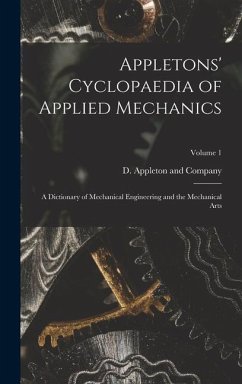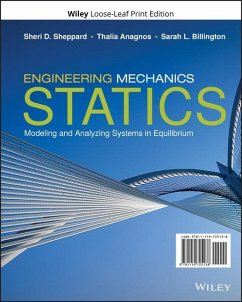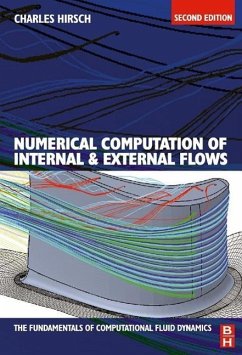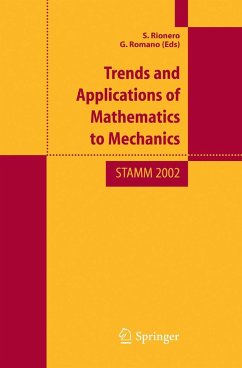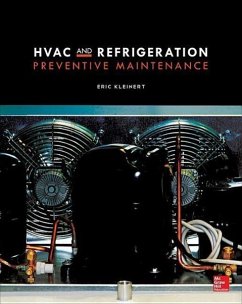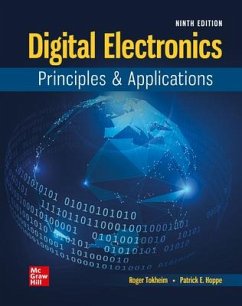Nicht lieferbar
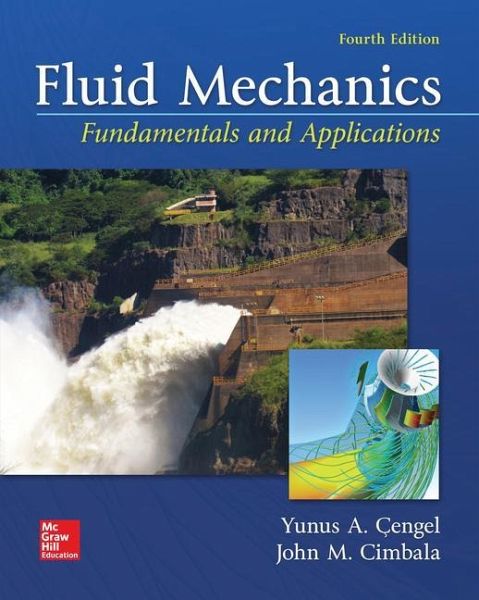
Fluid Mechanics: Fundamentals and Applications
Versandkostenfrei!
Nicht lieferbar
Cengel and Cimbala's Fluid Mechanics Fundamentals and Applications, communicates directly with tomorrow's engineers in a simple yet precise manner, while covering the basic principles and equations of fluid mechanics in the context of numerous and diverse real-world engineering examples. The text helps students develop an intuitive understanding of fluid mechanics by emphasizing the physics, using figures, numerous photographs and visual aids to reinforce the physics. The highly visual approach enhances the learning of fluid mechanics by students. This text distinguishes itself from others by ...
Cengel and Cimbala's Fluid Mechanics Fundamentals and Applications, communicates directly with tomorrow's engineers in a simple yet precise manner, while covering the basic principles and equations of fluid mechanics in the context of numerous and diverse real-world engineering examples. The text helps students develop an intuitive understanding of fluid mechanics by emphasizing the physics, using figures, numerous photographs and visual aids to reinforce the physics. The highly visual approach enhances the learning of fluid mechanics by students. This text distinguishes itself from others by the way the material is presented - in a progressive order from simple to more difficult, building each chapter upon foundations laid down in previous chapters. In this way, even the traditionally challenging aspects of fluid mechanics can be learned effectively. McGraw-Hill's Connect, is also available as an optional, add on item. Connect is the only integrated learning system that empowers students by continuously adapting to deliver precisely what they need, when they need it, how they need it, so that class time is more effective. Connect allows the professor to assign homework, quizzes, and tests easily and automatically grades and records the scores of the student's work. Problems are randomized to prevent sharing of answers an may also have a "multi-step solution" which helps move the students' learning along if they experience difficulty.




